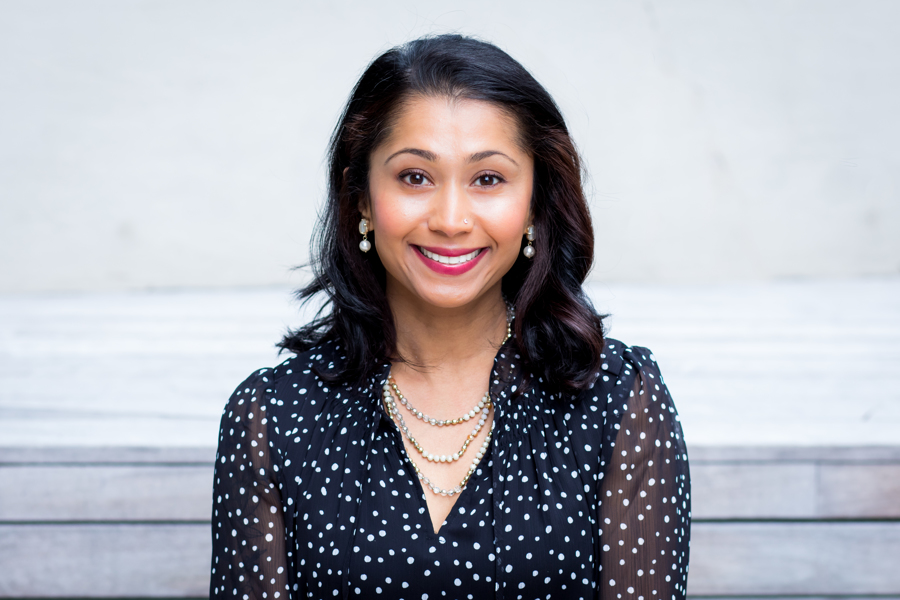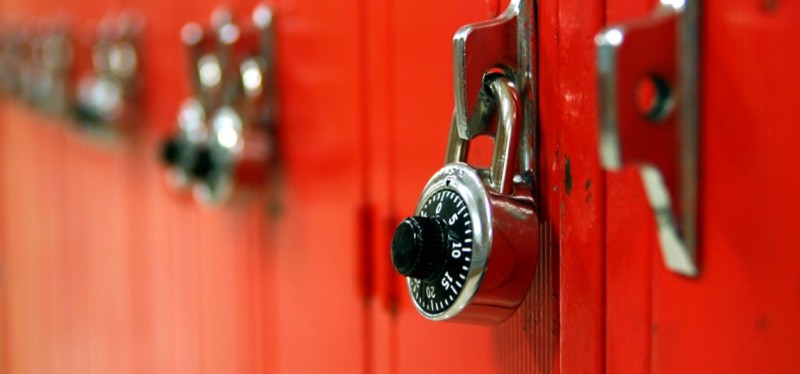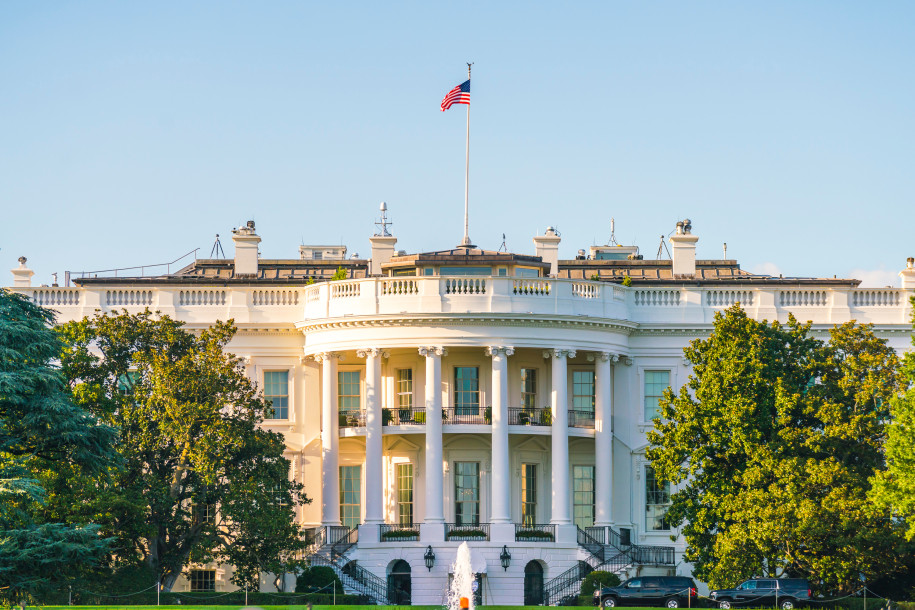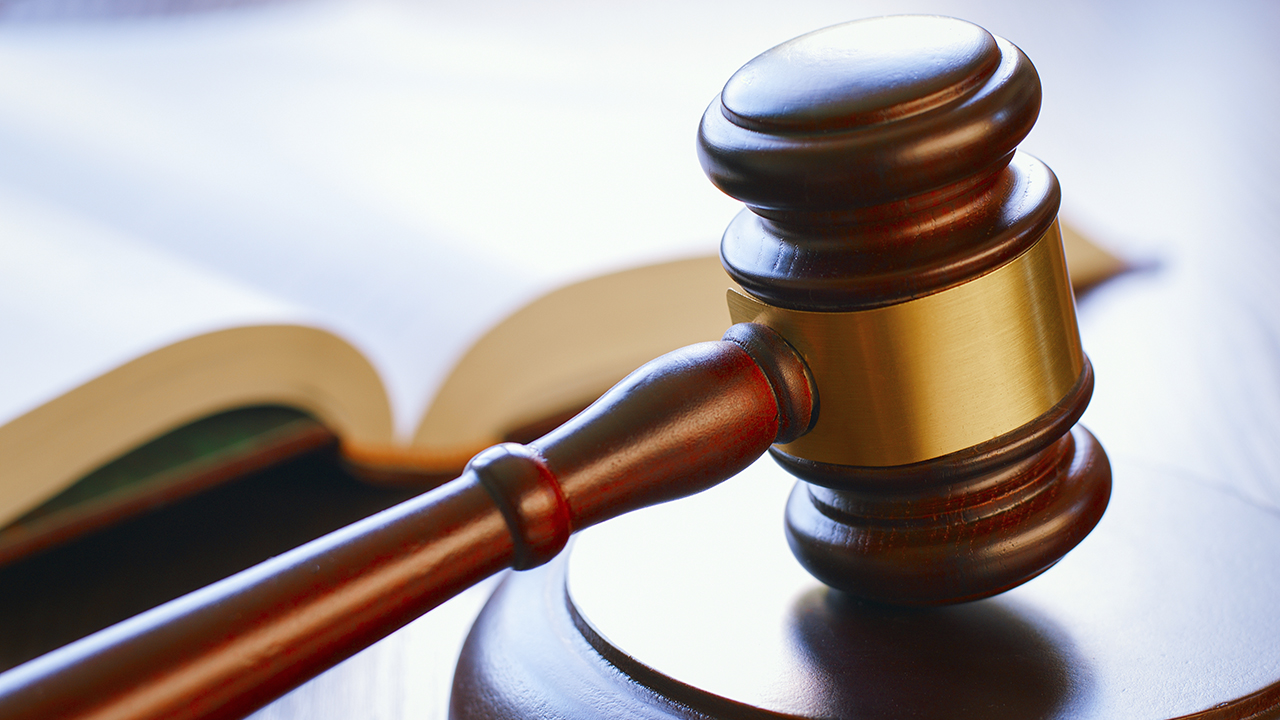Abortion rights, women of color, and LGBTQIA+ people are under attack. Pledge to join us in fighting for gender justice.
The Devastating Impacts of Mahmoud v. Taylor on Inclusive Education, From An Impacted Student’s Perspective
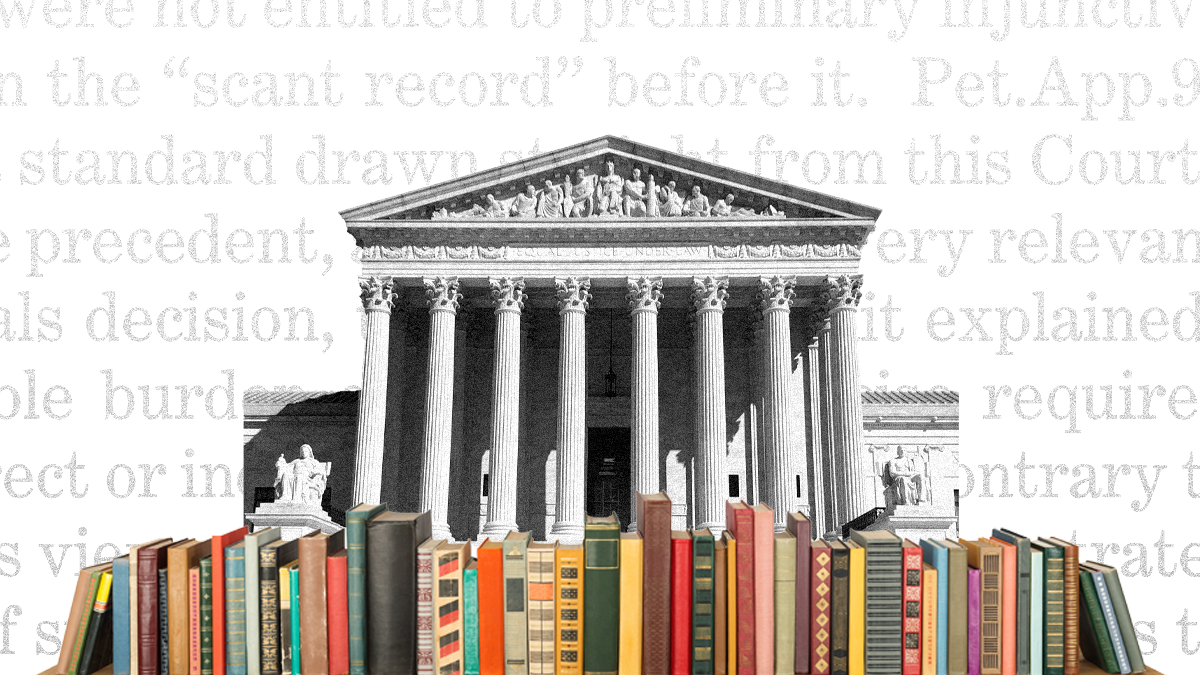
Shiwali Patel: As a parent with children in Montgomery County Public Schools (MCPS) and an attorney who advocates for safe and inclusive education, I am deeply concerned about a recent Supreme Court decision that could harm students in my kids’ school and beyond. In Mahmoud v. Taylor, the Supreme Court held that a group of parents from my own county has the right to opt their children out of lessons and books that feature LGBTQIA+ characters because of their religious objections. As a parent, I believe students should be able to see a wide variety of individuals and families represented in their school’s curriculum–but I know students themselves are concerned about what this ruling will mean in their classrooms, too.
That’s why I’m grateful to have interviewed a current MCPS high school student, Ayah, about the Court’s decision and what it means for her.
What is it like to grow up and go to school in Montgomery County, Maryland?
Ayah: For me it’s been pretty great! But a major part of that is thanks to how diverse the county is, and how that is reflected in the curriculum. One of the benefits of living in Montgomery County is being exposed to all kinds of different people, cultures, and practices, and learning how to respect and interact with anyone. It helps give students a more global education, and it gives us the benefit of choice. We have so many different kinds of schools, programs, pathways, classes, sports, clubs, and activities, there is no way a student won’t find their people and a thing (or 20) that they love during their K-12 experience. The high risk that this ruling poses to students feeling included and welcomed in school, even possibly when they’re participating in any of those activities, is really tragic.
Shiwali: Indeed, the Court noted in its decision that Montgomery County, Maryland, is the most religiously diverse county in the country and is very ethnically diverse. That rings true for my experience growing up in Montgomery County as well, and it’s heartbreaking that this lawsuit has created divisions within such a richly diverse place. At the heart of this case, the Court decided whether all children—no matter who they are or the families they come from—can feel seen, safe, and valued in the classroom.
As a student, what do you think is the benefit of having a diverse curriculum in school?
Ayah: Mainly, it makes students feel included and accepted and seen, which is extremely important in order to have a healthy and supportive learning environment. Honestly, in my opinion, it’s more interesting to read a variety of stories with characters of different backgrounds, like the books in this case, instead of just the same thing in different fonts. I love getting to read stories where I see myself reflected in the characters, partially because I know that through this book, my peers are getting to understand my life, identity, and experience better, and partially just because it makes me feel more comfortable at school. Even just little things, like seeing names associated with different cultures in math problems, makes the class just that much better for everyone.
Shiwali: By allowing parents to opt their children out of lessons where story books featuring LGBTQIA+ characters are being read, the Supreme Court improperly twisted the law to suggest that mere exposure to content that paints same-sex marriage in a positive light or normalizes the existence of transgender people can be a threat to someone’s religious beliefs. The Court’s decision is also not very clear on how far it reaches or how it should be implemented by educators. Every parent could effectively have veto power over lessons taught in the school—whether it’s objecting to teaching about evolution or the history of slavery—by bogging down schools with burdensome opt-out requests. Instead of trusting educators and experts to develop an evidence-based curriculum, the Supreme Court is opening the door for a small group of parents to influence children’s education.
What is your reaction to the decision in Mahmoud v. Taylor?
Ayah: I was extremely shocked this case came out of Montgomery County, and every other student I talked to was too. Our county is known for being an extremely progressive place, heavily due to its diversity. Whenever there are people who have more conservative views or disagree with a progressive stance, they usually just keep their thoughts to themselves. People who live in Montgomery County know and value the sense of community it has created, and alienating Queer people, or anybody else, doesn’t work to preserve that. So really, we were surprised that this case gained enough traction in our county to get all the way to the Supreme Court. At the same time, it makes sense to me that this case came out of MoCo: there’s a lot for conservatives to be offended by.
Shiwali: I’m also surprised by the case’s ruling, since SCOTUS didn’t follow their principle of stare decisis (which they haven’t followed in other recent cases as well). Usually, the Supreme Court follows their rulings from previous cases relating to similar issues, known as precedent, and there are precedents here. The issue in this case is the Free Exercise Clause of the First Amendment, which protects the right of people to exercise their religion without the government interfering. In the past, these kinds of cases have focused on the government compelling or coercing someone into abandoning or burdening their religious practices or beliefs, but Mahmoud was not about that. It seems to me that the Court expanded the clause solely to limit inclusivity in education. Justice Sotomayor illustrates this very well in her dissenting opinion: “This Court has made clear [in previous decisions] that mere exposure to objectionable ideas does not give rise to a free exercise claim.” Not only does this ruling not make sense from an ethical, empathetic standpoint, but it also doesn’t make sense from a legal and historical one.
What do you think are the impacts that students will face now that the power to opt out is given to their parents?
Ayah: Generally, I think it will make students feel more helpless and powerless when it comes to their own education, which likely will be detrimental to their learning environment and therefore their learning. My English teacher once paraphrased Margaret Mead, an American cultural anthropologist who got her PhD in the field from Columbia University, who once said that children must be taught how to think, not what to think. I think that means that students should be allowed to be exposed to all different people and cultures in the media they consume, and should be allowed to make their own decisions about it.
Shiwali: I think it’s important to underscore that the Supreme Court’s ruling does not prevent schools across the country from providing LGBTQIA+-inclusive curricula and that schools should continue providing books and curricula that ensure all of their students feel seen and reflected in what they learn, which is crucial to ensuring students’ safety and affirming educational environments. What is troubling, however, is that extremist groups have already started claiming this decision can be broadened to other areas, and have begun sharing resources for parents to demand broader censorship or other harmful policies in education. While the decision is not meant to be taken to this extent, we need to be prepared for how it will impact schools, including the role that outside far-right groups may play.
How do you think the decision in Mahmoud v Taylor will impact the upcoming school year?
Ayah: I think it really depends on how strictly the county applies the ruling. It depends on whether teachers have the ability to put in the time and the effort to create other activities for students whose parents have opted out, and even if they do, it is still very much a burden on school staff. I think the most alarming part of this is how far parents can take it. If exposure to something that is against your religious beliefs is enough to opt out of a class, there’s no limit to what parents can force their children to avoid learning about in school. It could include things that most people think are scientifically or historically agreed upon, like evolution, slavery, or the context and outcomes of the Civil War. The only thing these opt-outs do is introduce more divisiveness into our society, which is something that our already crumbling democracy does not need.

